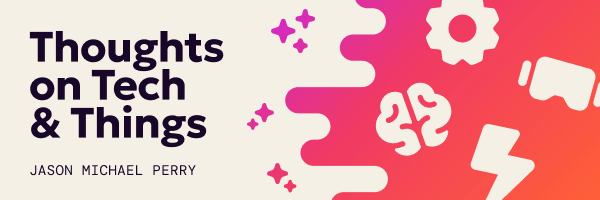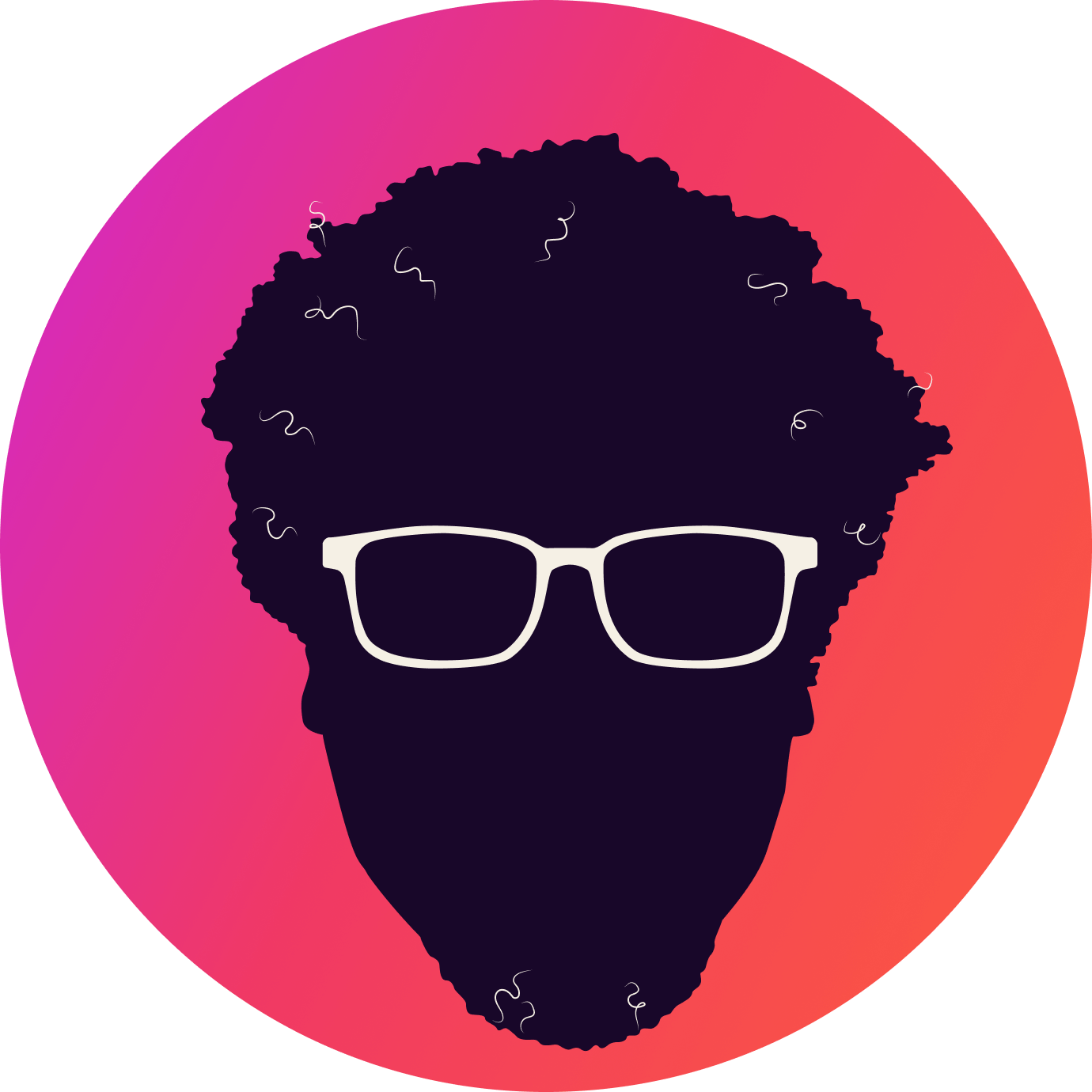Issue #08: 🗣️ChatGPT, generate an AI Orchestra, please.

Hey readers, it’s me, Jason. I can’t tell you how thrilled I am to announce that on August 9th, Mindgrub and the Baltimore Symphony Orchestra will present AI in A Minor, a first-of-its-kind performance of music composed using generative AI and performed by the amazingly talented BSO musicians. We will follow the performance with a panel conversation examining technology, AI, disruption, and technology’s role in creativity.

The Mindgrub team and I have worked nonstop to explore how we can generate something worthy of being a first-of-its-kind experience, and we’re thrilled with the music we have composed. Exploring something as nascent as AI comes with unexpected twists and turns and can be a journey that makes you rethink the importance of creativity, but before I jump into that, here are a few updates from the previous week:
👉Meta’s new Threads is the fastest-growing social media platform of all time. Twitter reacted with threats of lawsuits, but Threads’ growth seems unlikely to ease anytime soon. As of July 10, 2023, Threads has hit 100 million users. Maybe we should all remind ourselves of Meta’s stance on privacy and data sharing.
👉 Cord cutting continues to accelerate, but my analysis shows that local news, cable news, and sports keep the old media empire’s heart beating.
👉 Sarah Silverman’s suing OpenAI and Meta for training their models on her books and other content without permission. The claim by her and other authors is that both platforms’ models ingested pirated versions of their content without requesting permission, a lawsuit similar to Getty Image’s lawsuit against Stable Diffusion.
Now that we got that out of the way, let’s dive into the event ⬇
For the last few months, my team and I have worked to generate AI compositions and transform them into sheet music the most talented musicians on earth would play. These AI-generated compositions leveraged open source and commercial technologies running Amazon Web Services (AWS) machine learning and AI cloud technologies and required us to leverage large language models (LLM)s, spectrograms, and music clips to generate music influenced by popular artists while restricting the style of play to the instruments we needed. It was a ton of work, but thankfully we had the luck of tapping into an amazing community that was more than happy to help us along our path.
Today I’d like to explore how this experience has shaped my views on AI and its role in creativity. So here are my thoughts:
💬 Originality is really complicated. Like a Large Language Model (LLM), humans are taught or forced to learn from the world around them. The best writers learned from reading the writers of yesterday, musicians learn to play from other musicians, and developers build and learn from the code before them. Not all paths of learning are as clear cut, but the fact is we learn from the world around us, and if we hold those same standards to AI, why wouldn’t we want it to learn from the same things that helped us to become us? Did AI compose something new, or is it unique, original, and derivative? AI learns in the way we do and creates something new, but it’s much faster at doing it.
💬 Disruptions happen, and it will continue to happen. Pen and paper, refrigeration, personal computing, storage devices, and the Internet are all examples of some of the most significant disruptions of our time. The refrigerator became popular in the 1920s, and before that, homes that afforded it purchased large blocks of ice that they installed in ice boxes to keep food cold. We take for granted the ability to store eggs or butter and how vital refrigeration is to every part of our life, but before refrigeration, people died every day from spoiled food. Like AI, the Internet continues to disrupt our lives, but for all the jobs destroyed, think of the jobs and the companies it created. Should we go back and make a place for ice delivery men, or embrace a world where disruption means change? It’s easy to fear the unknown, but change has been key to making our lives as comfortable as they are.
💬 We’re in the dial-up stage of AI. AI technology has been around for decades, just like one could point at bulletin board services (people who dialed into other people’s computers before the Internet) as examples of elements of the Internet existing before the Internet existed. OpenAI is at our AOL moment for AI, where the everyday Joe and not just tech enthusiasts are genuinely starting to understand what this technology can do. We are at the beginning but buckle up because it only gets faster and more exciting from here. The refrigerator took more than four decades to hit 80% adoption, this will happen much quicker, but you, readers, are already in an elite group of adopters who get the impact.
💬 Speed is what we achieve. The time and technology it took in the 90s to record, produce, promote, and release music seems painful when we compare that process with today. For creatives laying out a magazine or newspaper for print on a traditional printing press compared to the speed to create something today is insane. Making things feel mundane allows us to focus our time on finishing touches. The time AI saves me writing or coding an application will enable me to focus on other elements of my craft and create a product that’s me, or “original.” In a world where everything seems to be the same, something is always unique or “original.”
Here’s a piece of music created by our team working on this project. Give it a listen, and let me know what you think in the comments.
That’s pretty great, right? August is coming soon, and we have a ton of work left, but this will be exciting and well worth $25 to attend. Check out the press release and 🎟️ grab tickets for this event.
-jason
What’s in an emoji (💩)?

It looks like emoji are not just for texts and movies! That’s right; a Canadian court ruled that 👍🏾 counts as a contractual yes! I wonder how the court sees other choice emojis in contracts.
